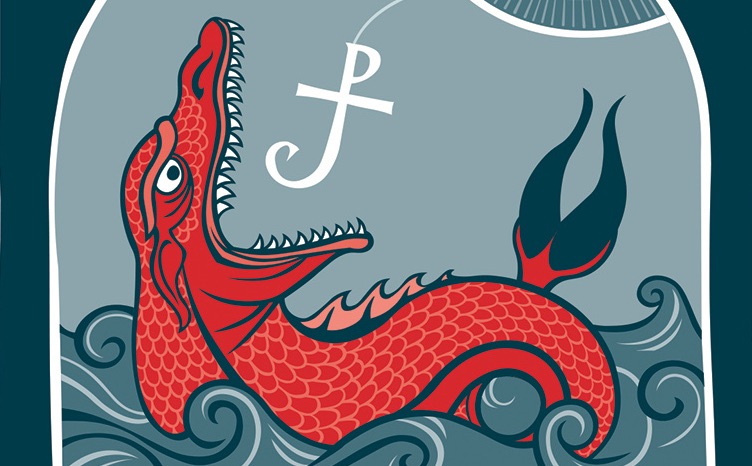
The Argument From Desire
- Nikolas Greene
- Jun 15, 2023
- 3 min read
Numerous arguments for God's existence have been given throughout the centuries. In the future, I plan to explore these arguments and which ones I think are the best, but the particular one I'd like to look today is the argument from desire.
C.S. Lewis puts the argument this way, "If I find in myself a desire which no experience in this world can satisfy, the most probable explanation is that I was made for another world". Made into a syllogism, it would look something like this:
Innate desires have a real object which satisfies them
The desire for the infinite is an innate desire
Therefore, the desire for the infinite has an real object which satisfies it
Note that this argument has valid logical form, which means that the conclusion follows necessarily from the premises. So, if one were to object to the argument, he would have to object to whether or not the first two premises are logically sound (true). Do we have reason to think that the premises are sound? I think so. Let's examine each of them.
Innate desires have a real object which satisfies them
Here let us distinguish two types of desire; innate and artificial. Innate desire are desires which are intrinsic to us and have a corresponding reality that satiates them. All people have these desires. Some examples are hunger, thirst, knowledge, etc. If we become hungry, we eat. If we wonder, there is a truth to know. For innate desires, their very existence proves the existence of the object for which they long. Another type of desire is artificial desire. Artificial desires are desires which are extrinsic and vary from person to person. For example, I may desire the Dodgers to win the World Series and the person next door might desire the inferior Yankees to win. Either event might occur, but the desire doesn't necessitate its occurrence. Prior to the invention of baseball, no one had ever had either desire. To summarize: innate desires are intrinsic and their objects always exist whereas artificial desires are extrinsic and their object may or may not exist.
The desire for the infinite is an innate desire
Now that we have shown the soundness of the first premise, let's turn to the second. If we are honest with ourselves, we know that the things of this world have never truly satisfied us. We may have experiences of great joy, beauty, or love, but those never last. In fact, it is after those moments that we can experience an emotional low. These experiences wound us, and we are left yearning for even more after we have these encounters. We don't desire a particular experience of love, but Love itself. We don't desire to know a particular truth, but Truth itself. We don't desire a particular experience of beauty, but Beauty itself. In other words, we don't ultimately want finite realities, we want the Infinite. One can deny that he desires this, but he simply would be lying to himself. Efforts to attain ultimate power, wealth, or happiness in this life are results of man failing to realize that nothing on earth can fill the infinite void within. This innate desire for the infinite cannot be filled with the finite, and all attempts to fill it in this manner only lead to misery.
The only One who can satisfy the heart's desire for the infinite is the One who created the human heart. He possesses the infinite depths into which our hearts can plunge and finally be satisfied. Man's happiness lies in the realization of this truth and the recognition that this world is not all there is. Saint Augustine's line rings true "You have made us for yourself, O Lord, and our hearts are restless until they rest in you."





Comments